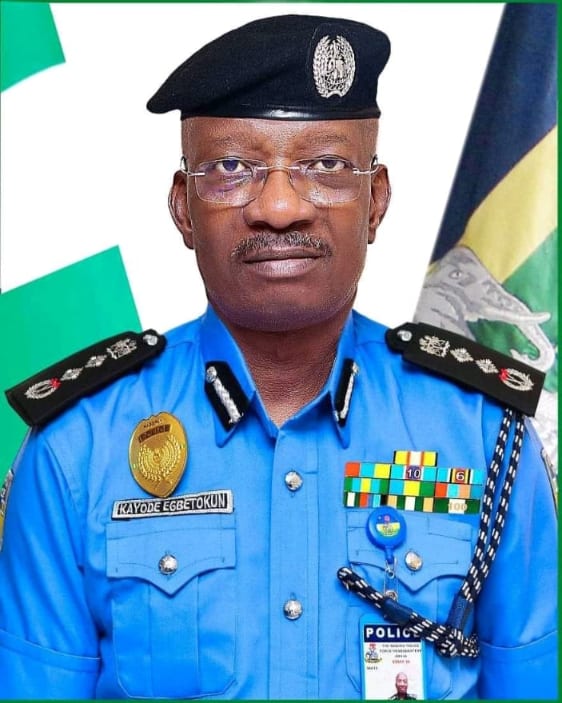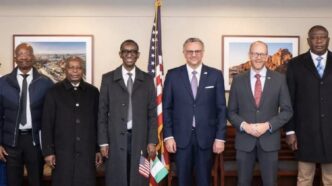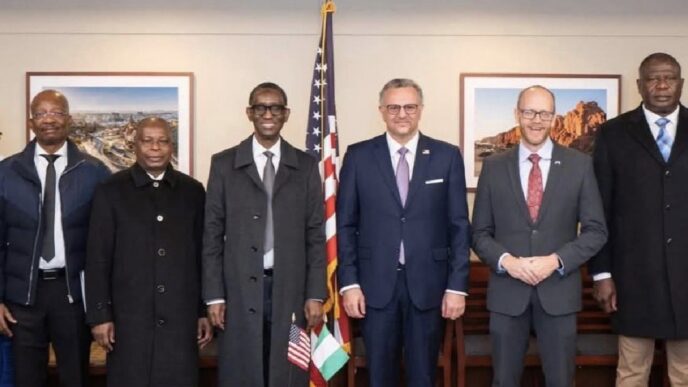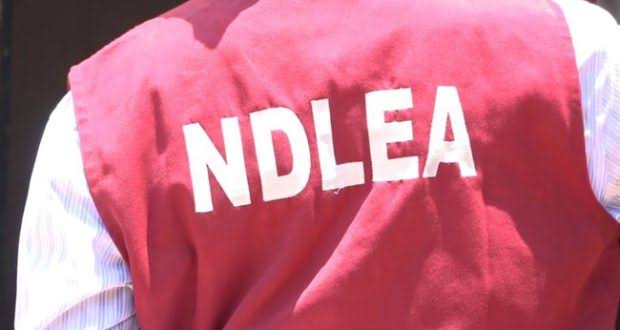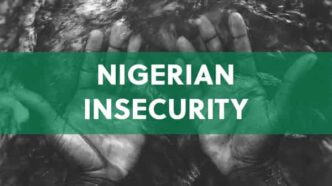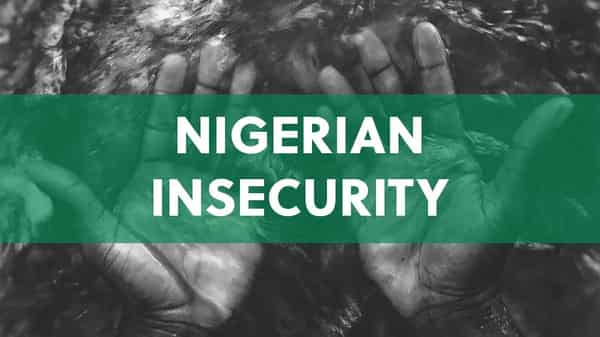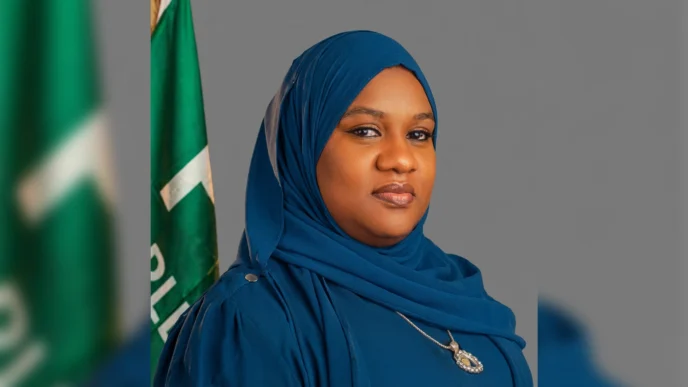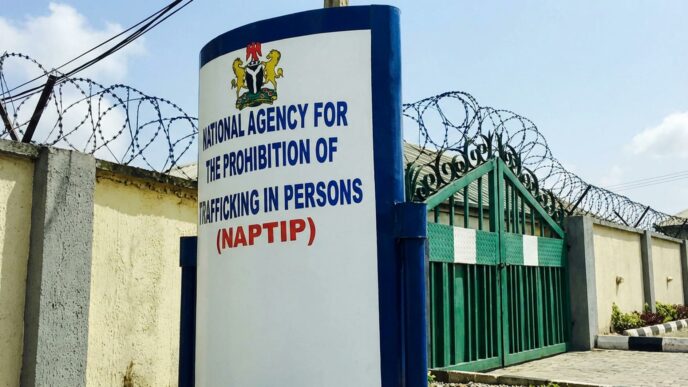Inspector-General of Police (IGP) Kayode Egbetokun has disclosed that 11,566 officers assigned to protect very important persons (VIPs) have been withdrawn in line with President Bola Ahmed Tinubu’s recent directive.
Gatekeepers News reports that the order, issued on Sunday, mandates the immediate removal of police personnel from political office holders and influential individuals nationwide as part of a broader security strategy to enhance police efficiency and public safety.
Speaking on Thursday during a meeting with police strategic commanders in Abuja, Egbetokun addressed misinformation circulating online about the number of officers deployed to private individuals.
He said, “We have already withdrawn 11,566 personnel, we have given directions for that. I have seen some things posted on social media misleading.”
“People are quoting figures, figures I don’t know where they got their figures from, where they said that 120,000 policemen are attached to private individuals in Nigeria. These are lies.”
The IGP explained that a recent audit, prompted by the presidential order, confirmed the exact number of officers on VIP duty.
He noted that earlier attempts to reduce these assignments were resisted and that individuals seeking police protection now have to reapply, allowing the force to properly profile and assess requests.
Egbetokun emphasised that the directive removes political pressures previously exerted on the police when attempting to limit VIP security.
He said, “In fact, the presidential order is a cover for us to implement this directive that we have been trying to implement all this while.”
The IGP added that no Governor, minister, or associate would now be able to lobby for special protection, allowing the redeployment of officers to frontline policing where manpower has been a recurring concern.
The IGP assured that officers reassigned to rural or challenging locations would have their welfare prioritised. He said, “Anyone we are sending to the rural communities, to these remote communities, their welfare will be taken care of; that I can assure you.”

